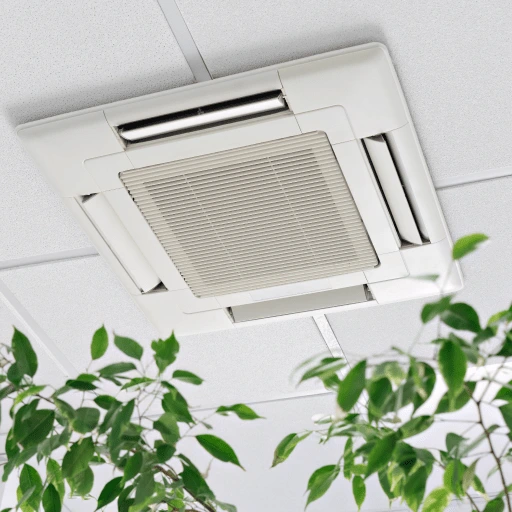
Maintaining good indoor air quality (IAQ) in commercial spaces is crucial for the health and productivity of employees and visitors. In Florida’s climate, where humidity and high temperatures can exacerbate air quality issues, effective strategies are essential. Here’s how to improve indoor air quality in commercial settings.
Optimize HVAC Systems
Why: The HVAC system plays a central role in controlling indoor air quality by regulating temperature, humidity, and ventilation.
How:
- Regular Maintenance: Schedule routine inspections and maintenance for HVAC systems to ensure they are operating efficiently and effectively. This includes cleaning or replacing filters and checking for leaks or mold growth.
- Upgrade Filters: Use high-efficiency filters (e.g., MERV 13 or higher) to capture smaller particles and improve air quality. Replace filters regularly according to manufacturer recommendations.
Improve Ventilation
Why: Proper ventilation helps dilute indoor pollutants and bring in fresh outdoor air.
How:
- Increase Fresh Air Intake: Ensure your HVAC system is designed to bring in adequate fresh air from outside. This can help reduce concentrations of indoor pollutants.
- Use Exhaust Fans: Install exhaust fans in areas with high moisture or pollutants, such as kitchens and restrooms, to remove contaminants.
Control Humidity Levels
Why: Excess humidity can lead to mold growth and increase the presence of dust mites.
How:
- Use Dehumidifiers: Install dehumidifiers to maintain indoor humidity levels between 30-50%. This can help prevent mold and mildew issues.
- Monitor Humidity: Regularly check indoor humidity levels using a hygrometer. Adjust HVAC settings as needed to maintain optimal levels.
Implement Source Control
Why: Reducing the source of indoor pollutants can significantly improve air quality.
How:
- Choose Low-VOC Products: Select low- or no-VOC (volatile organic compound) products for cleaning and maintenance to minimize chemical emissions.
- Control Pollution Sources: Address sources of indoor pollution such as tobacco smoke, and manage areas where fumes or chemicals are used.
5. Maintain Cleanliness
Why: Regular cleaning helps reduce dust, allergens, and other contaminants that affect air quality.
How:
- Regular Cleaning Schedule: Establish a regular cleaning schedule for all areas of the commercial space. Use vacuum cleaners with HEPA filters to capture dust and allergens.
- Clean HVAC Components: Ensure that HVAC components such as ducts and coils are cleaned regularly to prevent dust buildup.
Monitor Indoor Air Quality
Why: Regular monitoring helps identify and address air quality issues before they become significant problems.
How:
- Install IAQ Monitors: Use indoor air quality monitors to track levels of pollutants, humidity, and temperature. This data can help identify areas for improvement.
- Act on Data: Review monitoring data regularly and make adjustments to HVAC settings or other control measures as needed.
Enhance Building Insulation
Why: Proper insulation can help control indoor air quality by reducing the infiltration of outdoor pollutants and improving temperature control.
How:
- Check Insulation: Inspect and upgrade insulation around windows, doors, and walls to prevent drafts and ensure a controlled indoor environment.
- Seal Leaks: Address any gaps or leaks in the building envelope to prevent the entry of outdoor pollutants and maintain energy efficiency.
Promote Green Practices
Why: Sustainable and green practices can contribute to better indoor air quality and a healthier environment.
How:
- Use Green Cleaning Products: Opt for eco-friendly cleaning supplies that are less likely to release harmful chemicals into the air.
- Incorporate Plants: Adding indoor plants can help improve air quality by absorbing certain pollutants, though they should be chosen and maintained properly to avoid mold issues.
Conclusion
Improving indoor air quality in commercial spaces involves a combination of effective HVAC management, proper ventilation, humidity control, and routine cleaning. By implementing these strategies, you can create a healthier and more productive environment for employees and visitors. Regular maintenance and monitoring are key to ensuring long-term air quality and addressing issues before they become significant problems.